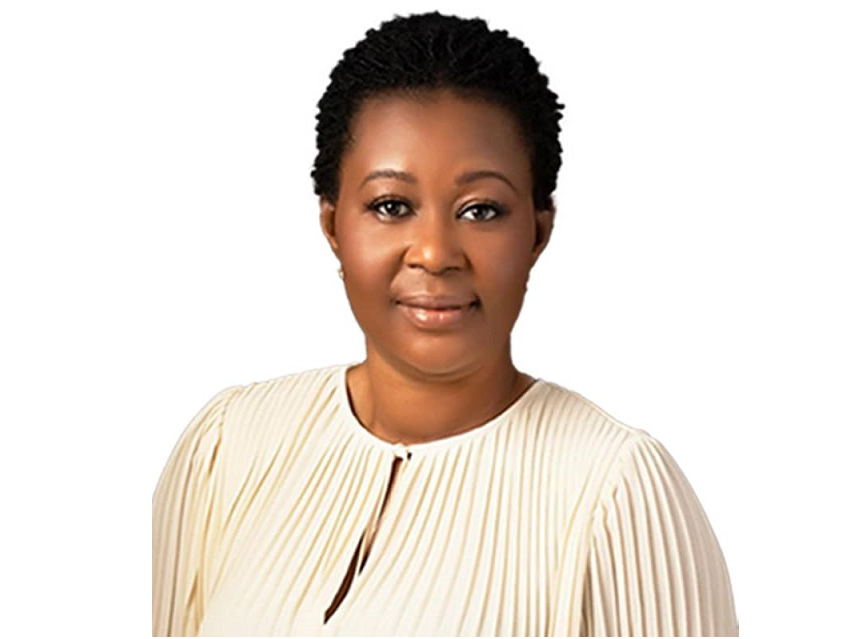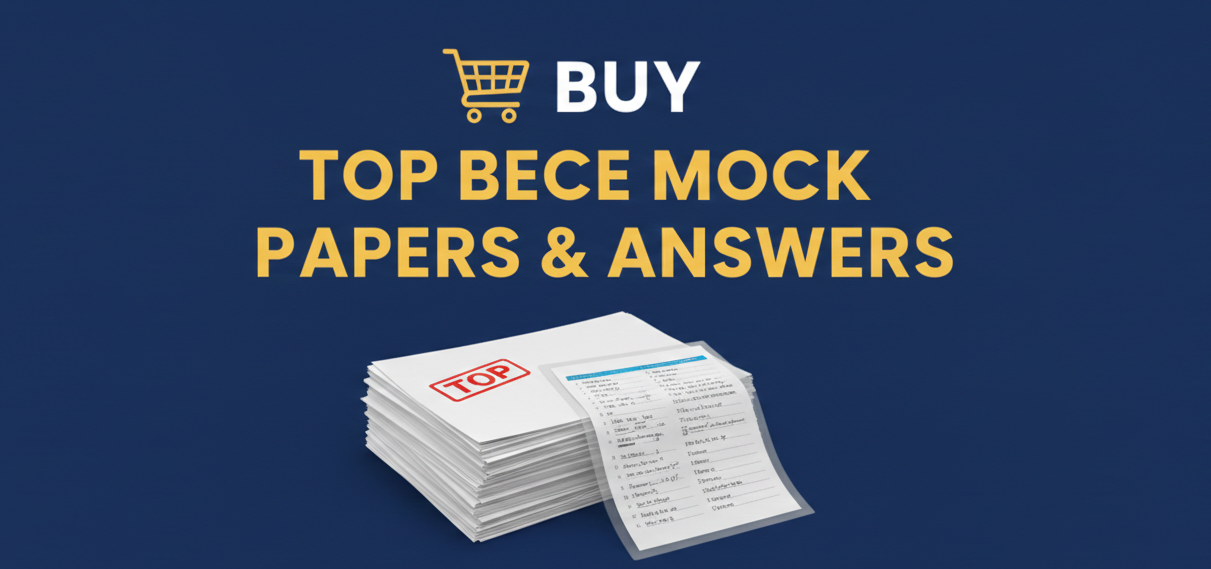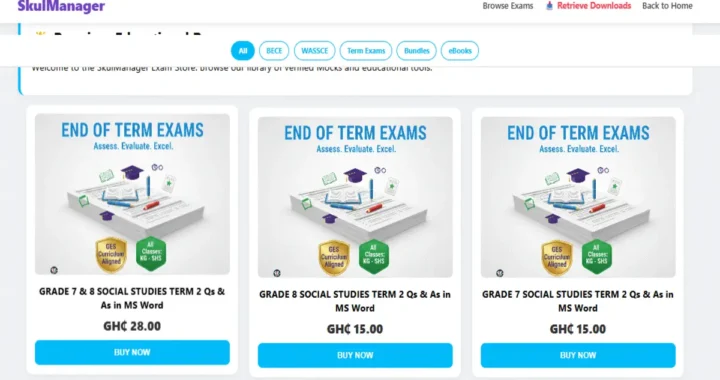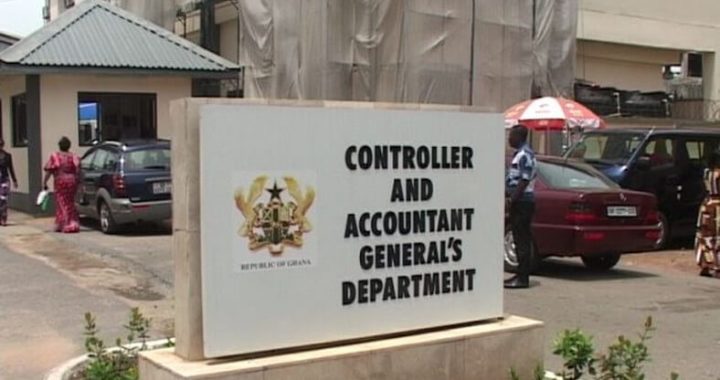NDC secures super majority in parliament as Ewurabena Aubynn wins Ablekuma North rerun

- NDC Wins AEffect of the Ablekuma North Victory on Ghana’s Democracyblekuma North Rerun Election:
- Historic Super Majority and Its Impact on Ghana’s Democracy.
The National Democratic Congress (NDC) has officially won the Ablekuma North parliamentary election rerun with Hon. Ewurabena Aubynn. This victory is not only historic for Ablekuma North but also for Ghana as a whole.
For the first time in Ghana’s multi-party democratic history, the ruling NDC has secured the Ablekuma North seat. With this win, the NDC’s total parliamentary seats from the 2024 elections have increased from 183 to 184.
Ewurabena Aubynn secured a narrow victory in the closely contested rerun. Per the results declared by the Returning Officer, Joseph Nii Kwartey Okpoti, Ewurabena Aubynn polled 34,090 votes, while Nana Akua Owusu Afriyieh of the New Patriotic Party (NPP), secured 33,881 votes. In all only 209 votes sepetated the two.
Out of a total of 68,328 ballots cast, 67,917 were valid, while 411 were rejected.
With this outcome, the NDC flips the Ablekuma North seat, one of the constituencies where parliamentary elections were rerun following a court order.
Ewurabena Aubynn Wins Ablekuma North and Changes History
This win is particularly significant because it gives the NDC the first-ever super majority in Ghana’s Fourth Republic. A super majority means the ruling party can pass legislation and make constitutional amendments without relying on support from the minority New Patriotic Party (NPP).
While this development strengthens the ruling party’s mandate, it also raises important questions about democratic balance and accountability. In a healthy democracy, checks and balances are essential to prevent abuse of power and to ensure that diverse voices are represented in governance.
Possible Good and Bad Choices for the Government Led by John Dramani Mahama
Good Choices
Inclusive Governance
Despite having a super majority, the NDC can choose to promote inclusive and participatory governance. By engaging the opposition and incorporating diverse perspectives, the government can strengthen national unity and trust in democratic institutions.Accelerated Reforms
With fewer legislative hurdles, the government can fast-track important economic, social, and governance reforms that benefit Ghanaians, such as job creation, health care improvements, and anti-corruption initiatives.Constitutional Strengthening
The NDC can use its majority to introduce reforms that strengthen democratic institutions, promote transparency, and protect human rights rather than weaken them.Bridging Political Divides
The government can launch programs to bridge partisan divides and promote national reconciliation, reducing political tensions and violence.
Bad Choices
Authoritarian Tendencies
With unchecked power, the government might be tempted to suppress dissent, marginalize the opposition, or weaken independent institutions such as the judiciary and the media. This would be a major setback for democracy.Political Patronage and Corruption
A super majority could encourage complacency and misuse of state resources for political gain, deepening corruption and weakening governance.Ignoring Minority Voices
Excluding the opposition from important national decisions would undermine democratic principles and risk alienating large segments of the population.Eroding Civil Liberties
There is a risk that the government could pass restrictive laws that limit freedoms of speech, assembly, and press under the guise of consolidating power.
READ: Ablekuma North Rerun Results: NDC’s Ewurabena Aubynn leads
The NDC’s historic win in Ablekuma North and its new super majority status present both opportunities and risks for Ghana’s democracy. The choices made by President John Dramani Mahama’s government will determine whether this moment strengthens or weakens democratic governance in Ghana.




 Terrorist Attack Ghanaian Tomato Traders in Burkina Faso
Terrorist Attack Ghanaian Tomato Traders in Burkina Faso  New Term 2 End of Term Question: Nursery to Grade 8 Exam Packs (2026)
New Term 2 End of Term Question: Nursery to Grade 8 Exam Packs (2026)  Why MTN Ghana’s Ghs399 Bundle is the Best Data Deal in 2026
Why MTN Ghana’s Ghs399 Bundle is the Best Data Deal in 2026  CAGD Salary Suspension 2026: Deadlines and Actions for Affected Staff
CAGD Salary Suspension 2026: Deadlines and Actions for Affected Staff